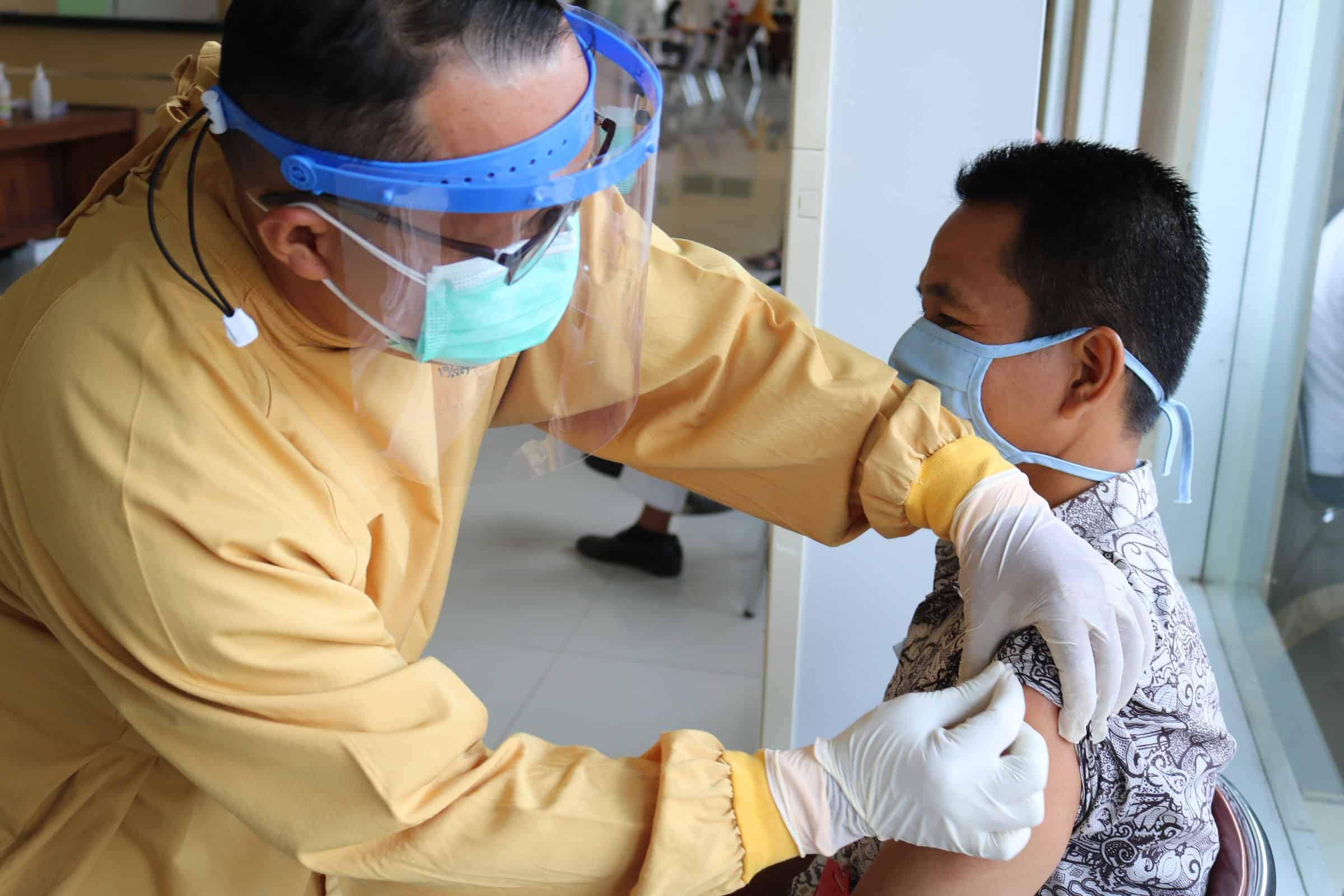COVID19
COVID-19 vaccination gives 69% protection against Delta variant: Singapore Study
COVID-19 vaccination provides about 69% protection against infection by the Delta variant of the coronavirus regardless of symptoms, a Singapore study has established. Data also shows that the vaccine’s protection against symptomatic disease is between 80 and 90%.
Ong Ye Hung, Singapore Health Minister, said the effectiveness of vaccination against severe COVID-19 disease requiring oxygen supplementation, ICU care or death, is a 93%. “The findings will be submitted for international publication, and is Singapore’s contribution to the understanding of the Delta variant and vaccines,” he said.
Kenneth Mak, MoH’s director of medical services, said their experience with infections, particularly with the Delta variant, has been that those who are vaccinated are either mildly symptomatic or asymptomatic. “Therefore, its reasonable to expect that within the vaccinated group, the chances of having an excellent outcome is very high,” he said. “But as this may be a mixed group of people, including those who already are frail or with other medical conditions, it would be complacent to say there will never be any bad outcomes.”
Mak said they continue to expect that as long as they will have some proportion of their population who are not vaccinated, they would still safeguard the hospital resources. “We expect that for some of these individuals, we will still have to extend the best of care, because they are ill and they may have a severe outcome.”
Also Read: Fitch Ratings cuts India’s growth forecast to 10% due to slow recovery post second COVID-19 wave
“In the coming days, or one or two weeks, we will pretty much saturate our coverage of first doses, which means our objective of giving as many of our people as possible good protection, that objective would have been achieved,” Ong said. “We will now have to urge individuals to rebook their second dose appointments earlier – because the second dose appointment might be in August – rebook them earlier, so that the interval between first and second doses is four weeks, instead of six to eight weeks. We are not constrained by supplies anymore, in fact, we have the capacity to deliver more dosages.”
Furthermore, healthcare experts have noted that in countries with high vaccination rates, infections have gone up mainly among the young people because they are up and about, and less vaccinated, but hospitalizations and severe illness are mostly among old people.










































Pingback: Piyush Goyal has invited the business community in the Indo-Pacific region